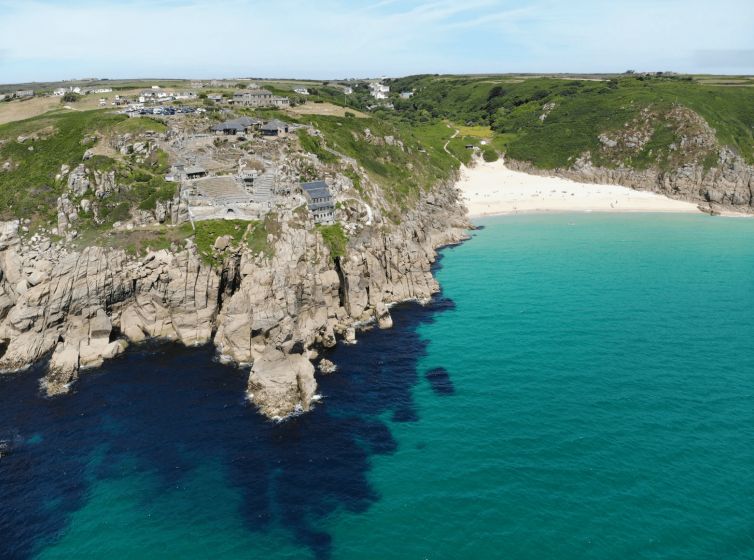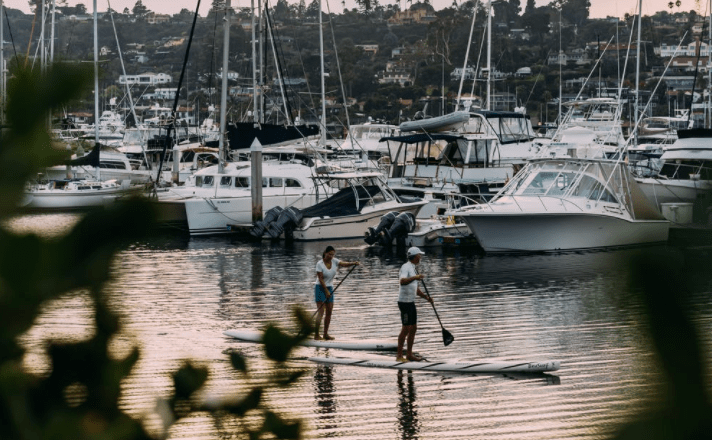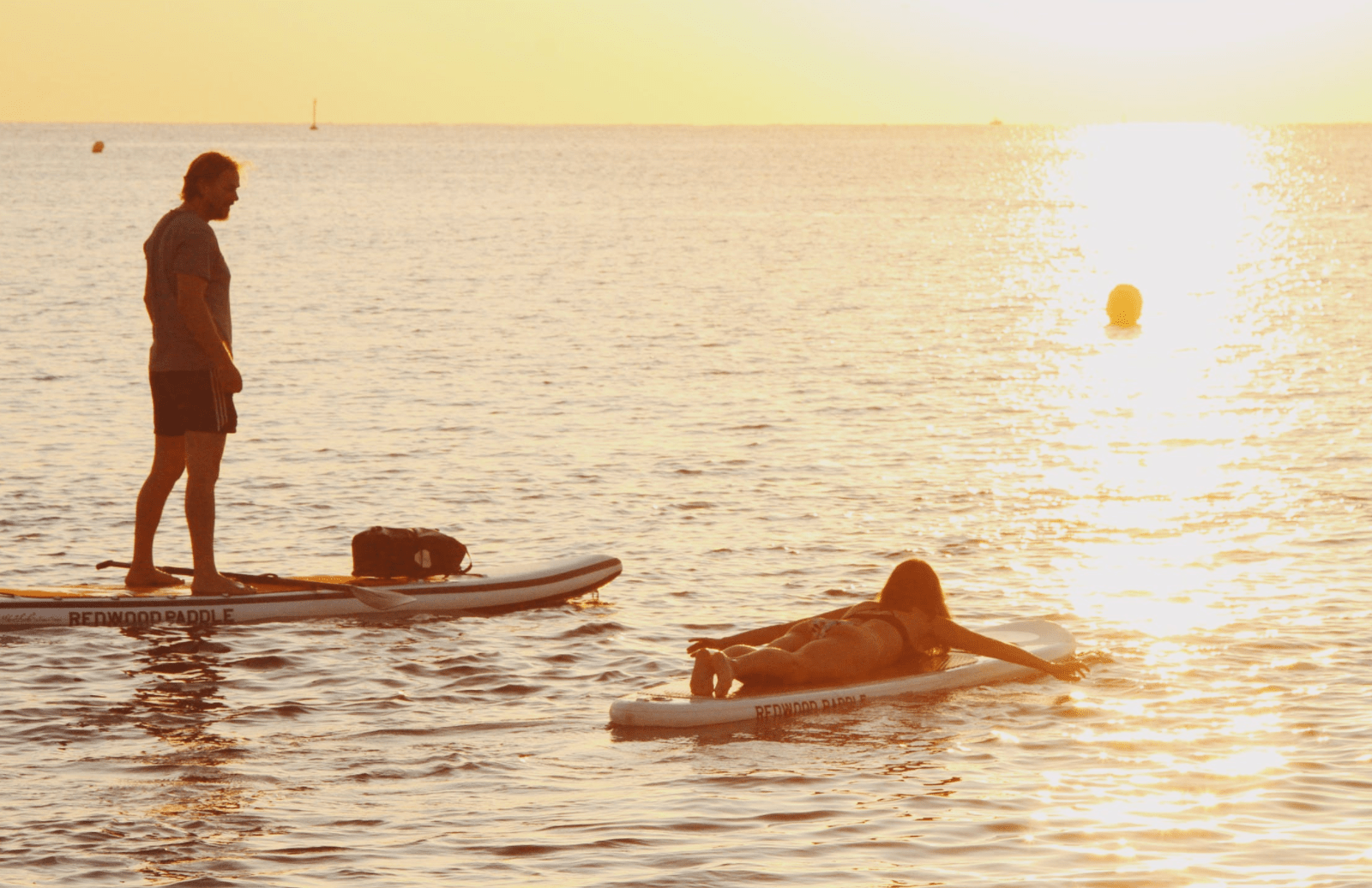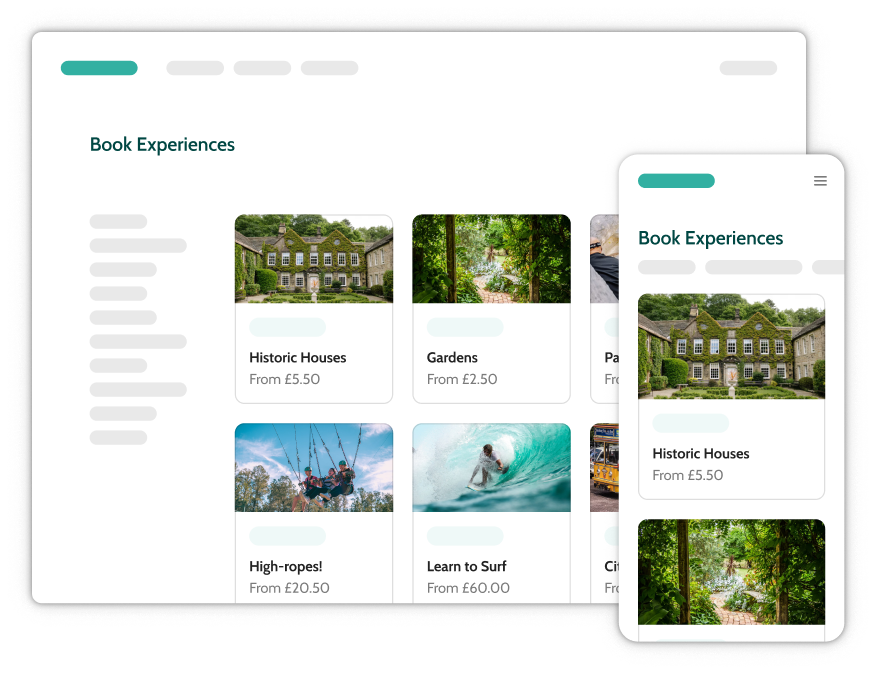
Things are taking a little longer than usual, please bear with us...
Stand Up Paddle Boarding In Cornwall
Read our guide for Stand Up Paddle Boarding In Cornwall and Find and Book experiences, courses, activities and tours! Browse through the list of experiences, either instantly book onto your dates or enquire to book. All you have to do is turn up and enjoy! If you’ve got any questions about any specific experience, send a message and the providers will aim to get back to you as soon as possible. Have a specific experience in mind that we don’t have listed? No problem, drop us a message and we’ll send your quote around to hundreds of the best experience providers nationwide and come back with you the best quote, making it easy for you to make the most of your spare time!
Cornwall
This peninsula at the south-western tip of the UK is a tale of two coasts in many ways. The south coast is known as the ‘Cornish Riviera’ and is home to many pretty harbour villages such as Fowey and Falmouth, and some gorgeous estuaries. The north coast is much more exposed to the Atlantic swells and is a lot more rugged as a result, but home to one of the activities Cornwall is most famous for: surfing. Both coastlines are awash with stunning beaches, and between them are home to a huge array of great activities, pretty villages, superb restaurants and various other great attractions. And that’s not to forget about the inland areas too, most notably Bodmin Moor, which provides some spectacular vistas and activities. The region is host to a fantastic growing arts and crafts scene centred around St Ives, and home to the world-renowned Eden Project too. There is evidence both inland and on the coast of the area’s mining heritage too, often providing an interesting backdrop to many activities there, and related to its most famous literary denizen, Poldark.
Stand Up Paddle Boarding
Stand Up Paddle Boarding is one of the fastest growing water sports across the World right now, and it’s easy to see why. It’s one of the quietest and most relaxing ways to travel across water and to explore, meaning you can get incredibly close up to wildlife without scaring it away. You can either sit down or stand up, meaning it’s comfortable. And because they’re so big, they’re often very stable, so it’s possible to go out without getting wet. In fact, they’re so stable many people have taken to Paddle board Yoga and even paddle boarding with dogs.How hard is paddle boarding?
Stand up paddle boarding difficulty varies based on the type of paddleboard you’re using, the weather conditions and the water conditions. On a calm day, with no wind, still water and with a stable paddle board, the sport is very easy. On a day where there are gusts of wind, the paddle board you have isn’t suitable for your weight or the water conditions are poor with heavy river flow, waves or tides, paddle boarding can be more difficult. That being said, the one way to make paddleboarding much easier, is to do it sitting down. Despite the name, it's not mandatory to ‘Stand Up!’. Sitting down can often aid stability and make it easier to paddle in the wind by reducing your surface area. The sport is very accessible and most people should be able to try it out without too much fitness. It’s very relaxing and not too strenuous.
What should I wear for stand up paddleboarding?
There’s no set kit required for stand up paddle boarding. Those who are competent and going in gentle water can often go in shorts and a shirt as the chances of falling in are low. If going in water where the chances of falling in are higher, you may be provided with a wetsuit. As best practice, it’s best to wear swimming shorts or a swimming costume and potentially a tshirt over the top to keep you warm. Some insist you wear a buoyancy aid, whilst others suggest that because the paddle board is attached to your ankle by a flexible cable, a buoyancy aid isn’t needed as you’ll be able to safely get back to your paddle board. Dress appropriately for the weather and it’s always better to over dress and be warm, than to be out there on the water freezing. If it’s sunny, consider taking sun cream and a hat. Your feet can sometimes get wet, so in cold water it’s worth wearing something to keep them warm from neoprene boots or at least a pair of shoes / socks you don’t mind getting wet.What should I take to paddleboarding in Cornwall?
As falling in is possible, it's always worth taking a spare change of clothes and a towel. If you’re going for over an hour, consider taking snacks and a drink to keep you hydrated. Most paddle boards have elastic straps that enable you to store personal items in. Consider taking a dry bag if you want to keep anything dry.
What kit do I need to stand up paddleboard?
If you’re not hiring or going as part of a club, and you’re looking to go paddleboarding by yourself, be sure to consider all the kit. Here’s a starter: Stand up paddleboard (and a pump if its inflatable)- All parts of your SUP e.g. The Fin and the SUP leash
- SUP paddle
- Buoyancy Aid
- First Aid Kit
- Rescue whistle / communication device
Where can I paddleboard in Cornwall?
License for paddle boarding canals With over 3000 miles of canal in the UK, these calm waters are prime spots to explore by paddle board. If you’re paddling with a club they should arrange this for you. If you’re paddling by yourself, you’ll need to organise a license to paddle on them by checking the Canal River Trust WebsiteLicense for Paddle Boarding on Rivers and Lakes Unfortunately, it’s not always clear where you’re allowed to paddleboard as some waterways are privately owned or are protected due to conservation work or military training. British Canoeingprovides the most comprehensive license for paddling on rivers and Lakes and you can also see what parts are not included as part of their license before buying.
Paddleboarding in The Sea There’s nothing quite like paddle boarding around the coast of the UK, with an abundance of wildlife, some more challenging water conditions and the stunning cliffs, beaches and islands. Fortunately, there’s no license requirements, you’ll just need to be a very competent paddler as it can be very dangerous to manage tides and waves without the knowledge and experience.
Other searches
- Stand Up Paddle Boarding In UK
- Outdoor Activities In Cornwall
- Watersports In Cornwall
- Walking In Cornwall
- Cycling In Cornwall
- Canoeing and Kayaking In Cornwall
- Rock Climbing In Cornwall
- Stand Up Paddle Boarding In Cornwall
- Adventure Holidays Near Cornwall
- Kayaking Holidays Near Cornwall
- Surfing Near Cornwall
- Things To Do With Kids In Cornwall
- Things To Do With Dogs Cornwall
Your journey to easier and more powerful ticket sales starts here
Quick sign-up, no obligations
Try for freeSolutions
Industries
© Copyright Beyonk Limited
Registration Number 11994212 (England and Wales)
